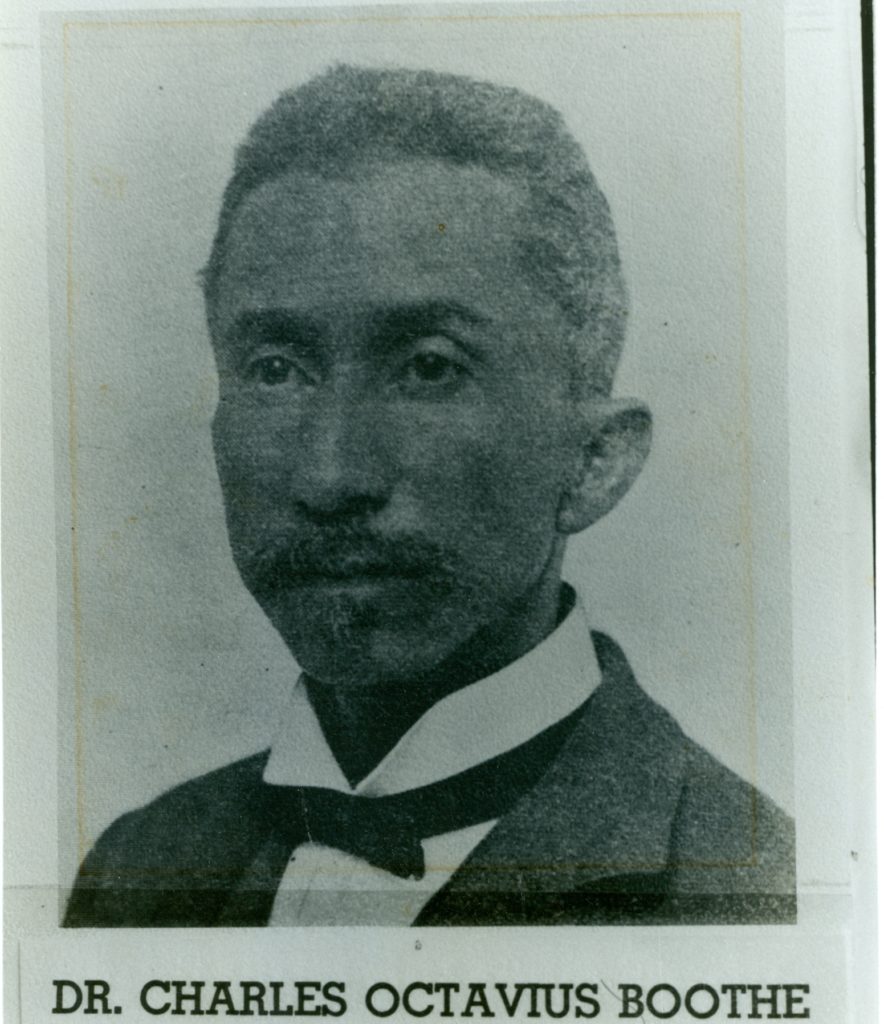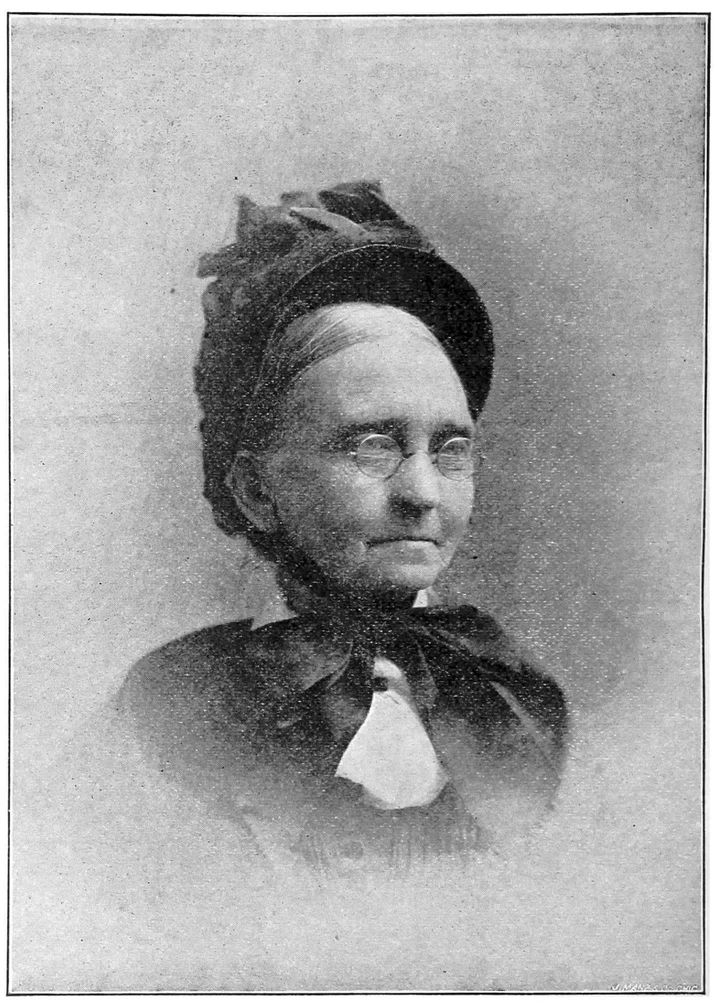
Following the Civil War (1861–1865), he worked to improve the spiritual, social, and intellectual well-being of blacks in a society that denied their humanity before God and in its Constitution. Racial uplift was Boothe’s consuming passion. They still lacked the means to be truly independent. Due to these economic challenges, sharecropping-freed slaves rented and tended part of a white farmer’s land in exchange for a variable percentage of its yield-became a common practice for blacks. Former slaves had few skills, resources, and institutions to support themselves. Legislation did not eradicate four hundred years of white contempt. Still, blacks remained captive to social and economic norms that complicated daily life. Nearly four million slaves were freed by the Emancipation Proclamation in 1865. God takes no pleasure in the denial of his image yet nothing prevents his will. “As for you, you meant evil against me but God meant it for good, to bring it about that many people should be kept alive, as they are today.” (Gen 50:20 ESV). Proponents of slavery argued that God used the practice to bring blacks to salvation in contrast, Boothe contended that the gospel spread to slaves despite chains and oppression. He indicted all white Americans for imposing barbarous conditions upon his people. Nevertheless, he was a frank critic of slavery.

“I think I can say that and I really loved each other,” he wrote. He was the legal property of Nathaniel Howard.Īs a slave he was treated relatively mildly. On JCharles Octavius Boothe was born in Mobile County Alabama.

“The doctrines of our holy religion need to be studied in order, according to some definite system,” he wrote, “but simplicity should prevail-simplicity of arrangement and simplicity of language.” Thus, Boothe set out to write a succinct and accessible theological handbook. While leaders and laity alike desperately needed biblical and theological truth, they had little time, energy, and resources to pursue education. He accommodated an unlearned audience that included pastors, teachers, and community leaders born into poverty with little access to education. To spare others his frustration with learning and teaching from books laced with dense theological rhetoric, Boothe wrote Plain Theology for Plain People.īoothe wrote for the average sharecropper.

“Charles Octavius Boothe (1845–1924) was a reluctant teacher. Today’s Christian celebration of Black History Month is the often forgotten Charles Octavius Boothe.

Angela Davis comes to mind, a celebrated terrorist. I will intentionally avoid Marxists, Socialists, Liberation Theologians and those who advocate (or participated in) the murder of innocent people. I would like to contribute to Black History Month by highlighting men and women of excellence, and when possible, of Christian character.


 0 kommentar(er)
0 kommentar(er)
